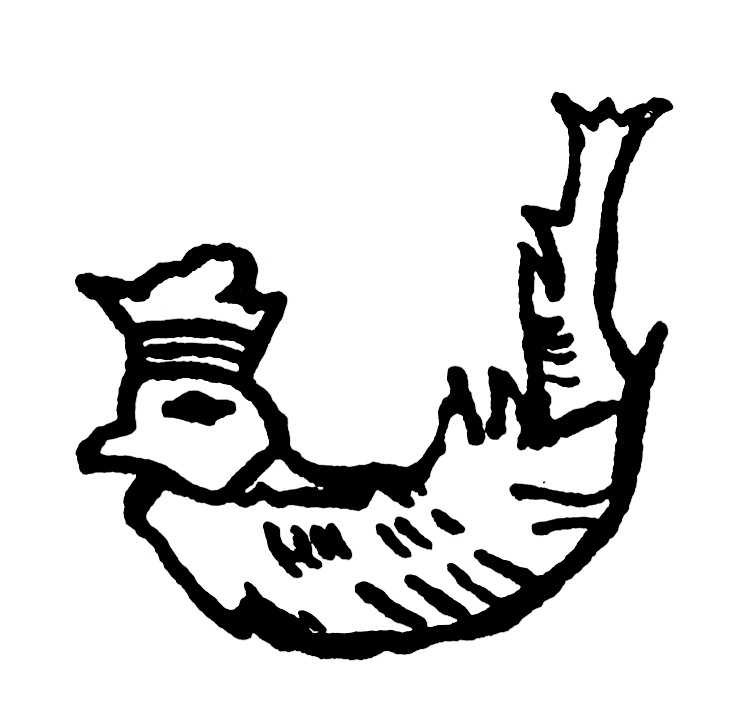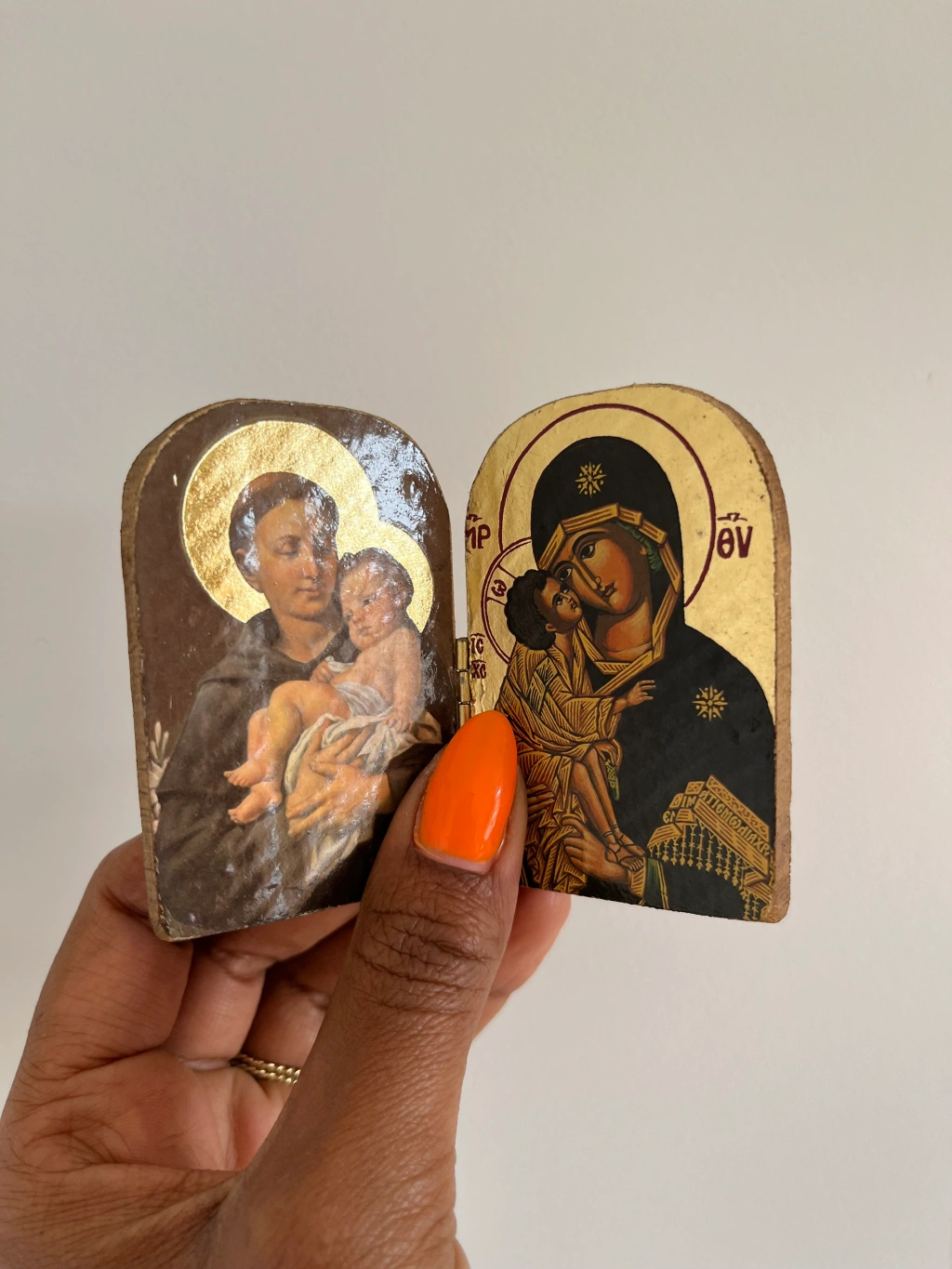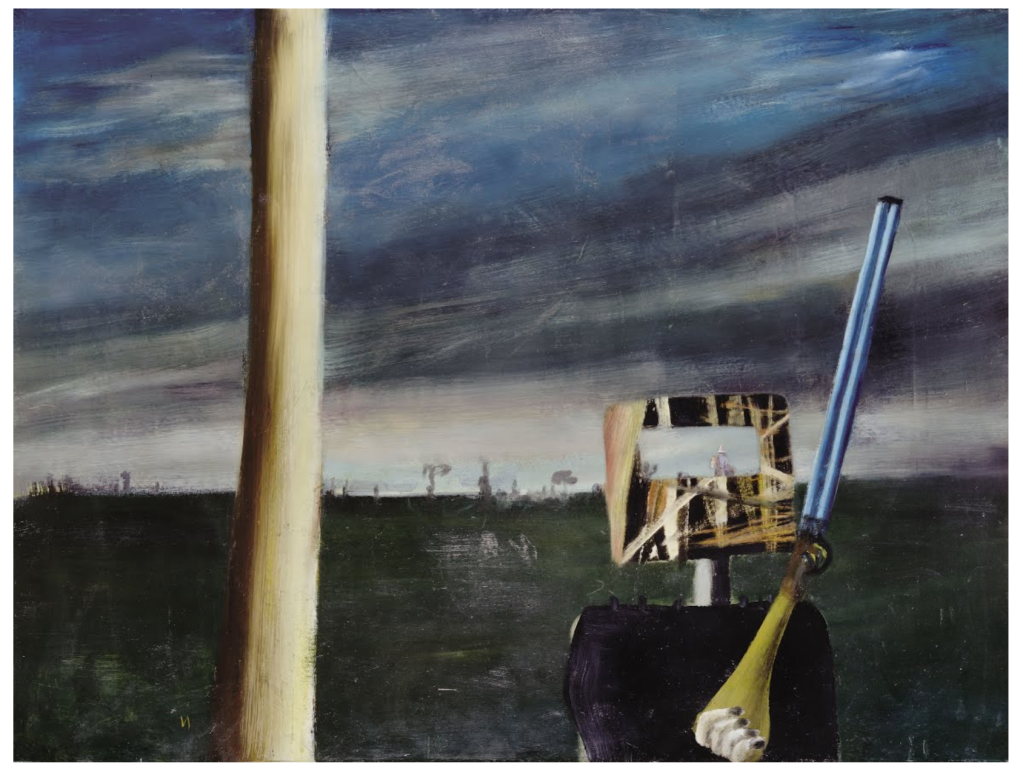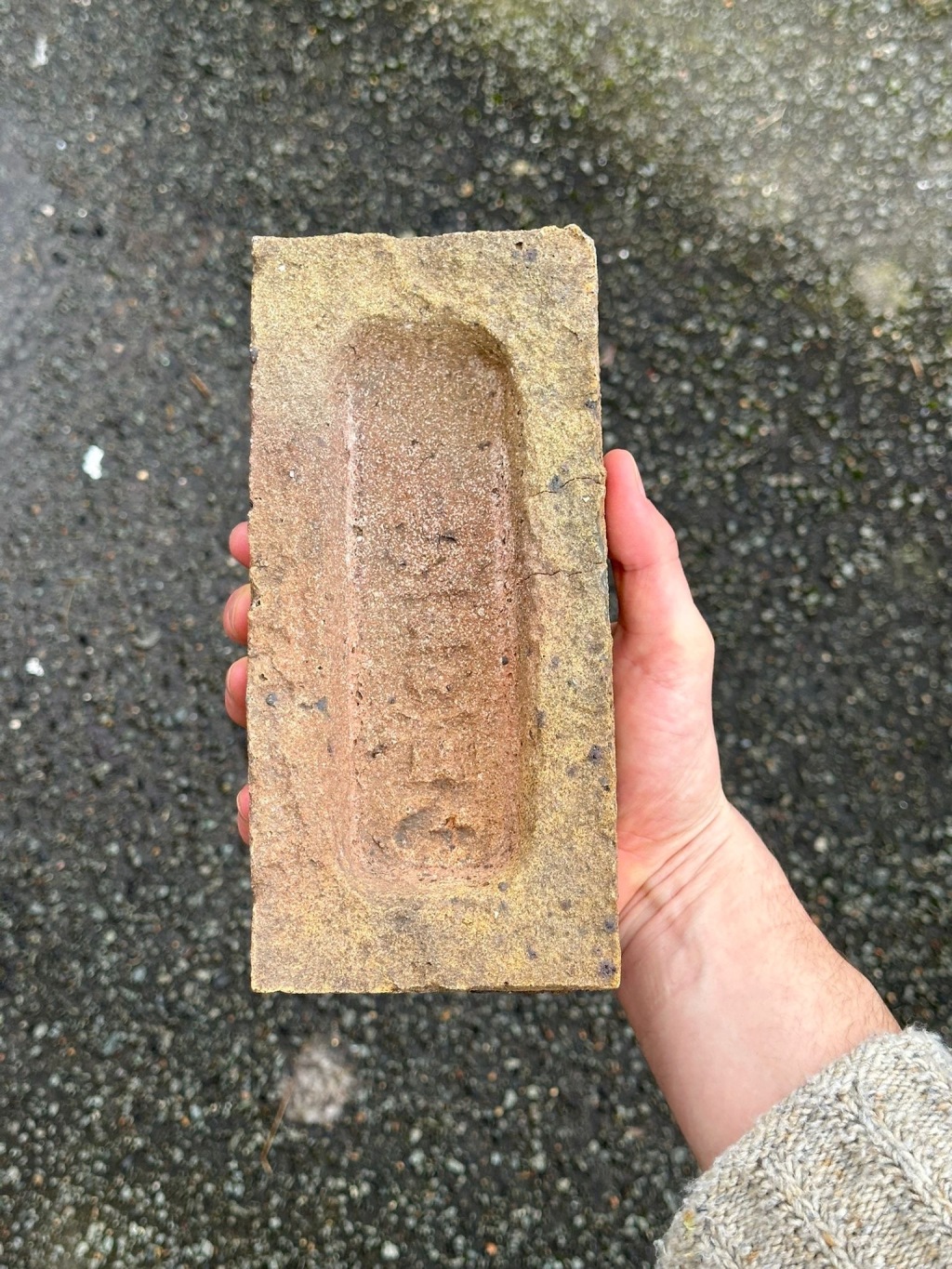
Dr Michael Tanner (15th April 1935 – 3rd April 2024), philosopher, opera critic, life fellow of Corpus Christi, Cambridge.
For many people who met Michael Tanner, his reputation preceded him. I had heard that he was terrifying, withering and prone to dramatic fallings-out. All this made me want to meet him more, because as a university drop-out with no skin in the academic game, what did I have lose? As it turned out, I had everything to gain.
As a newcomer to to the world of Wagner, Michael’s prose stood out in its clarity and wit. The first words of his I read were in the Royal Opera House’s programme notes to their 2002 Tristan and Isolde, where he makes short shrift of the ‘carpers’ who maintain that the lovers ‘remain at an intolerably wordy level.’ This was the encouragement I needed to sit alone through one of Bernard Haitink’s last performances at Covent Garden, surrounded by hardcore Wagnerians.
Fast forward twenty years or so and I have been to over 200 opera performances with Michael. I was never terrified, he was occasionally withering but always in a way that made me laugh and we never had a serious falling out. Thank goodness all his opera reviews are there to be seen on the Spectator website. I want to tell you something about the Michael I knew alongside the opera. I doubt that the words ‘joie de vivre’ will appear in many of his obituaries and yet these are the words that spring to my mind.
So much of our time was spent either in awe of a great work of art or laughing with childish delight. One glorious day was spent in his beautiful living room at his house, the Swan, listening to various recordings of the Act I quartet in Beethoven’s Fidelio, gossiping over an Époisse cheese that was ‘practically crawling off the table’, watching Fassbinder’s ‘Fear Eats the Soul,’ then I was sent off to bed in his ‘Rilke room’ where a book of Craig Brown satire had been left for me to read.
We would go from the life-and-death intensity of Furtwängler’s Beethoven 9 for the reopening of the Bayreuth Festspielhaus in 1951, to quoting lengthy passages of Cyra McFadden’s satirical novel about 1970s Marin County, the Serial. This novel was one of his litmus tests for people and has since become one of mine.
When it came to men, they were either ‘unbearable’ as in unbearably gorgeous like the young Simon Keenlyside or ‘unspeakable’, as most of my boyfriends were (although I was buoyed by Michael’s description of my ‘plucky Dunkirk spirit in the face of these disasters’). Michael, meanwhile, sustained a relationship for forty years with philosopher-turned-corporate-finance lawyer, Michael Amos, the great love of his life with whom he created the Swan and spent weekends in an equally stunning house in Bury.
There were hours and hours of Joan Crawford. If I’d been to a fancy party Michael would say he hoped I‘d ‘done the staircase like Joan’. And when we discovered how cool Joan looked wearing her coat across her shoulders we argued over which one of us would be ‘shoulder-robing’ at the next opera we went to because it would look too eccentric if we both did it. Of course, he won.
There was so much fun to be had and none of it was trivial. His impersonations were hilarious. He could do Callas spitting out the words, “If I can make my enemies get on their knees before me, I can and I will and I MUST!” He once spent a whole evening at the English National Opera doing his Isaiah Berlin voice which had me helpless with laughter. His memory was astonishing and he’d be Gore Vidal one minute, Scarlett O’Hara the next.
I adopted a couple of cats a few years ago and he expressed his disapproval of hearing about their health problems by inventing a one-legged pet rat called Ligeti to bore me with in return. I’d forgotten all about this until I looked through our text messages and saw, “Ligeti lost an eye today.”
When it came to opera performances, Michael wouldn’t tolerate snobs who only wanted to go to Covent Garden. We loved Graham Vick’s productions in disused buildings in Birmingham, we went to a wonderful Carmen put on for local school children in a very cold church in East London with a few singers and a piano, and there was a glorious Poro, a rarely performed Handel opera, at the Royal College. When it came to Glyndebourne he taught me two very important rules: only dress to the seven and a halfs, never the nines, and always make time for a cream tea in the Mildmay Hall. Ultimately, he taught me pretty much everything I know about opera and encouraged me to read an enormous amount of literature. He’s had the most profound effect on my life of just about anyone I can think of.
I used to think that Dylan Thomas was onto something with, ‘Do not go gentle into that good night.’ Now I fully intend to follow Michael’s example of battling heroically against mundanity while there is life to be lived but at the end, going so gracefully and so peacefully, it seemed as effortless as his brilliant prose.




